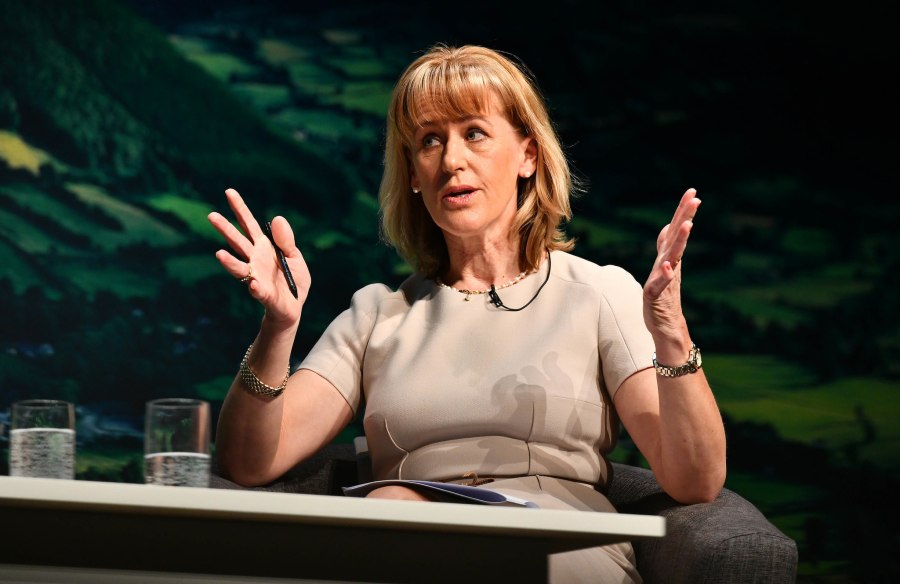NFU calls for delay in BPS cuts amid 'perfect storm' of issues

The NFU has urged the government to delay Basic Payment Scheme reductions due to a 'perfect storm' of issues currently impacting the sector.
The union said the government must 'urgently review' its future farming programme for England as farmers continue to grapple with 'multiple challenges'.
These include a shortage of workers bringing to a halt the UK’s just-in-time supply chains in some places, as well as rising inflation adding increased costs to farms.
The NFU also warned of disrupted trade flows and a fierce retail price war, all of which were causing 'huge challenges' to farmers trying to run an effective business.
Reductions in the EU's direct payments start this year, and will continue until 2027. Throughout this timeframe, farmers will see their payments gradually fall.
The government plans to reduce total spend on direct payments by around 15% in both 2022 and 2023, with some core elements of the Environmental Land Management (ELM) introduced next year.
But it comes as the Welsh government recently announced that it would extend the BPS until 2023, and similar delays have been announced for Scotland and Northern Ireland.
The NFU said a BPS delay must also be implemented in England for 2022 and 2023 amid "severe disruptions to essential food producing businesses".
The union also expressed concerns after the National Audit Office (NAO) reported that Defra had not yet published detailed objectives or ensured adequate incentive for farmers’ participation in the new ELM scheme, expected to replace BPS.
The NAO found that this had resulted in a lack of uptake and the critical mass needed to achieve success for the government’s own environmental ambitions.
NFU President Minette Batters said farmers were currently facing 'huge challenges', even before the phasing out of direct payments and replacing those with the ELM schemes.
She added that a review would provide ministers with more time to develop replacement schemes and for the sector to move forward from the multiple issues it’s currently facing.
"This change in agricultural policy represents the biggest transformation for farmers in generations, and the NFU and its members want – and need - this transition to be a success.
“But I really fear for the future success of farming in this country if the government presses ahead with its current timetable to transition to its new agriculture policy schemes which simply aren’t ready.
"That’s why we are calling for a postponement to the BPS reductions in 2022 and 2023, alongside a thorough review, to ensure the new policies and schemes are ready with clear incentives and objectives."
In its response to Defra's 2018 Health & Harmony consultation, the NFU said "the government must be willing to pause cuts in direct payments if their reduction is shown to be unmanageable given the adverse effect this may have on farm incomes, domestic food supply and delivery of public goods.”
Mrs Batters clarified that the union was not seeking to delay 2021 BPS cuts, as Defra would need to make some reductions to free up funding for the development and trialling of the UK's new farming schemes.
"If these schemes are to be fit for purpose, we will need to see thousands of farmers signing up, instead of the 100s we have today," she added.








